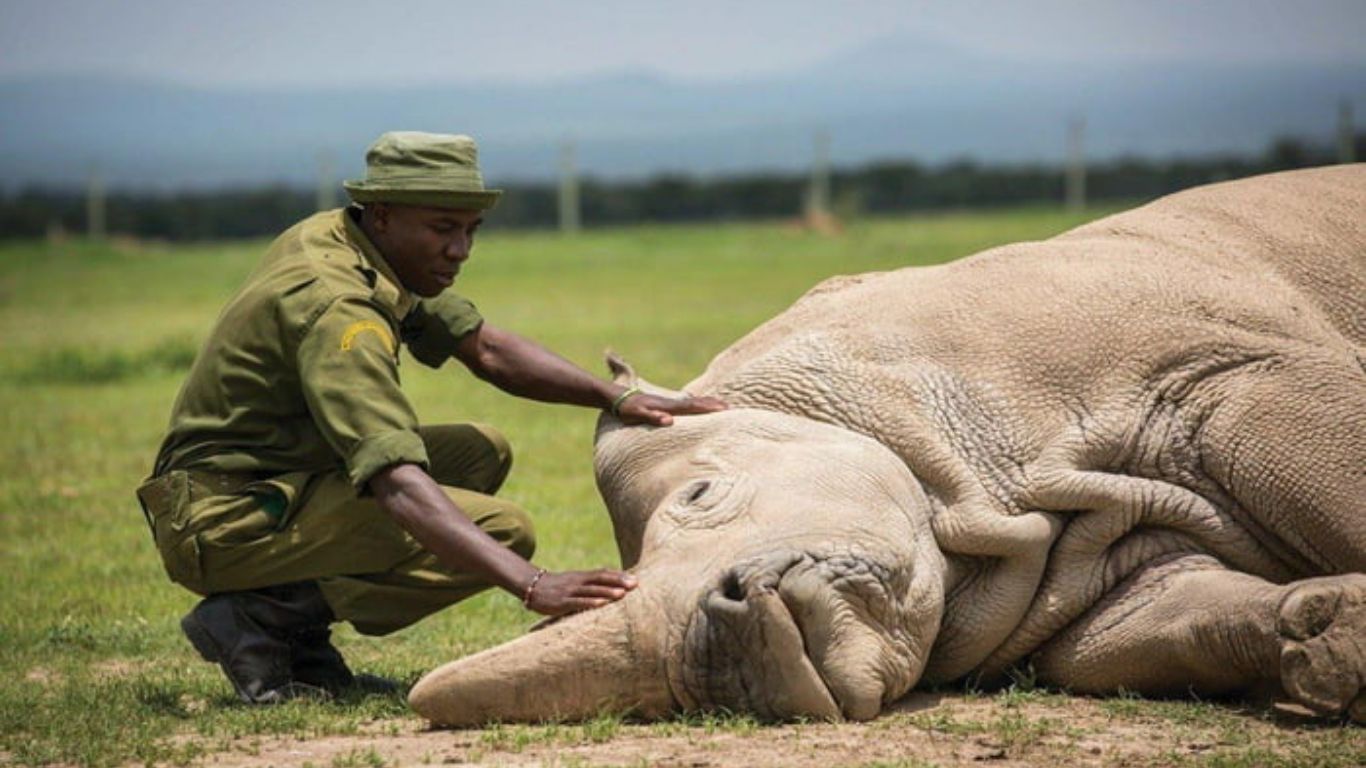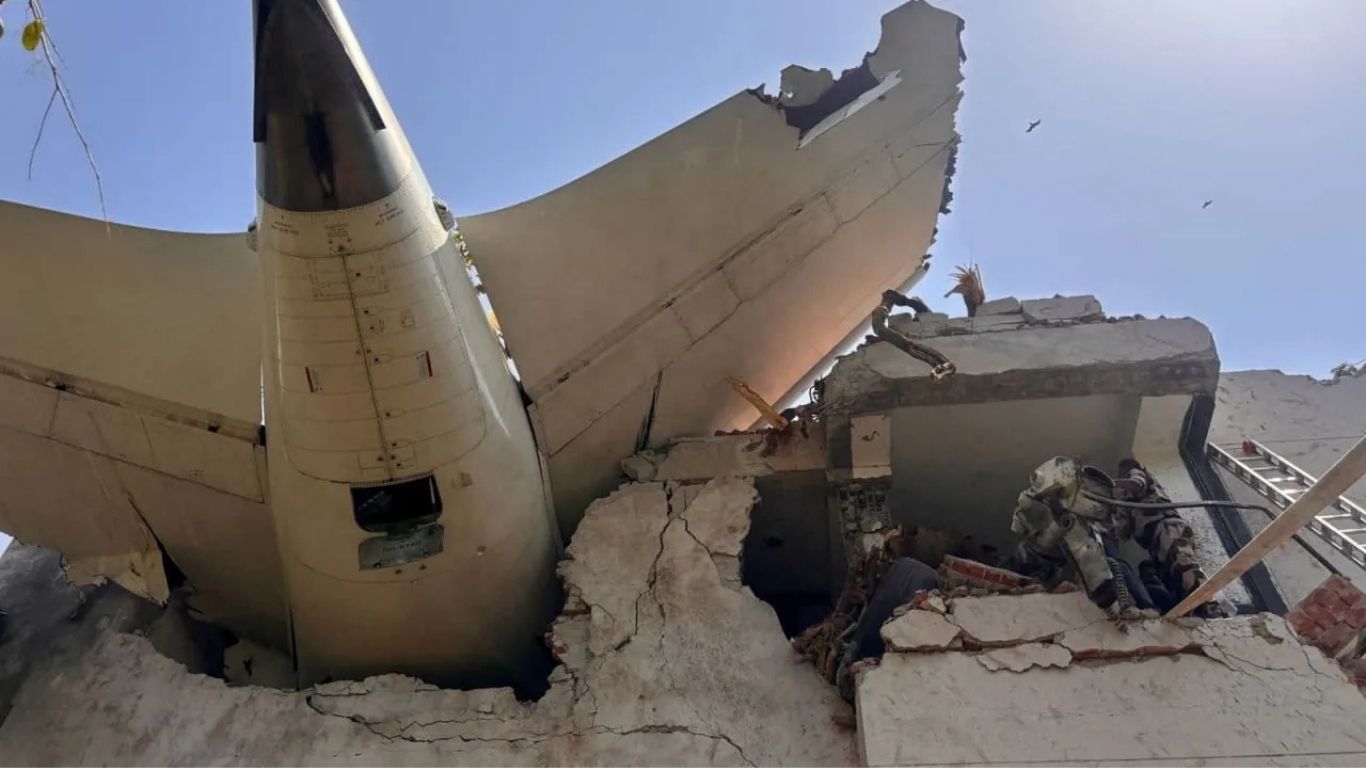A New Threat Emerges
In the heart of Africa, a new variant of the mpox virus, known as clade 1b, is spreading rapidly. This mutated strain has been identified in the Democratic Republic of the Congo (DRC) and has begun to cross borders, reaching countries as far as Sweden and Thailand. Researchers from the Technical University of Denmark (DTU) and other institutions have raised alarms about its increased transmissibility and the heightened risk it poses, especially to pregnant women.
A Shift in Transmission Dynamics
Traditionally, mpox was a disease that jumped from animals to humans. However, the clade 1b variant has changed the game. It’s now spreading more efficiently between humans, primarily through heterosexual contact in crowded urban areas. Unlike previous outbreaks that mainly affected men who have sex with men, this variant doesn’t discriminate—it infects both men and women. Alarmingly, there’s a significant rise in cases among healthcare workers and children, indicating a broader community spread.
The Silent Threat to Mothers
One of the most concerning aspects of clade 1b is its impact on pregnant women. Emerging data suggests a higher risk of miscarriage among those infected. Professor Frank Møller Aarestrup from DTU’s National Food Institute, leading the GREAT-LIFE project, notes, “The number of infected pregnant women who miscarry is high among those we have tested.” This revelation underscores the urgent need for targeted interventions to protect this vulnerable group.
A Call for Global Solidarity
The rapid spread of clade 1b beyond the DRC’s borders is a stark reminder that viruses don’t respect national boundaries. Neighboring countries are already reporting cases, and the potential for a global outbreak looms large. Professor Aarestrup emphasizes the necessity for international collaboration: “Action is needed locally, including increased vaccination efforts and public awareness campaigns on transmission routes.” He also advocates for global measures, such as travel advisories and heightened surveillance, to curb the virus’s spread.
The Role of Rapid Testing
In response to the evolving threat, the GREAT-LIFE project has developed a new PCR test specifically designed to detect clade 1b. This advancement is crucial, as the original mpox tests couldn’t identify this mutated variant. Early detection through widespread testing is vital to controlling the outbreak and preventing further transmission.
Lessons from the Past
The world has faced similar challenges before. The COVID-19 pandemic taught us the importance of swift action, transparent communication, and global cooperation. The mpox outbreak demands a similar approach. Ignoring the signs or delaying action could lead to devastating consequences, especially for those in vulnerable communities.
The Human Cost
Beyond the statistics and scientific data lies the human toll. Families are losing loved ones, healthcare systems are being stretched thin, and communities are living in fear. It’s easy to become desensitized to numbers, but each case represents a person—a mother, father, child, or friend. Our collective humanity compels us to act, not just out of self-preservation but out of empathy and solidarity.
A Shared Responsibility
While scientists and healthcare professionals are on the front lines, combating the spread of mpox requires everyone’s participation. Public awareness campaigns must be amplified to educate communities about preventive measures. Individuals can contribute by staying informed, practicing recommended health guidelines, and supporting efforts to assist affected regions.
The Path Forward
The emergence of the clade 1b mpox variant is a clarion call for proactive measures. Enhanced cross-border cooperation, rapid testing, and public education are essential tools in this fight. By learning from past pandemics and prioritizing the well-being of all, especially the most vulnerable, we can hope to contain this outbreak and prevent future ones.
In Conclusion
The mpox clade 1b variant presents a significant global health challenge. Its rapid spread and severe impact, particularly on pregnant women, demand immediate and coordinated action. As we’ve learned from previous health crises, our strength lies in unity, empathy, and decisive action. The time to act is now.




